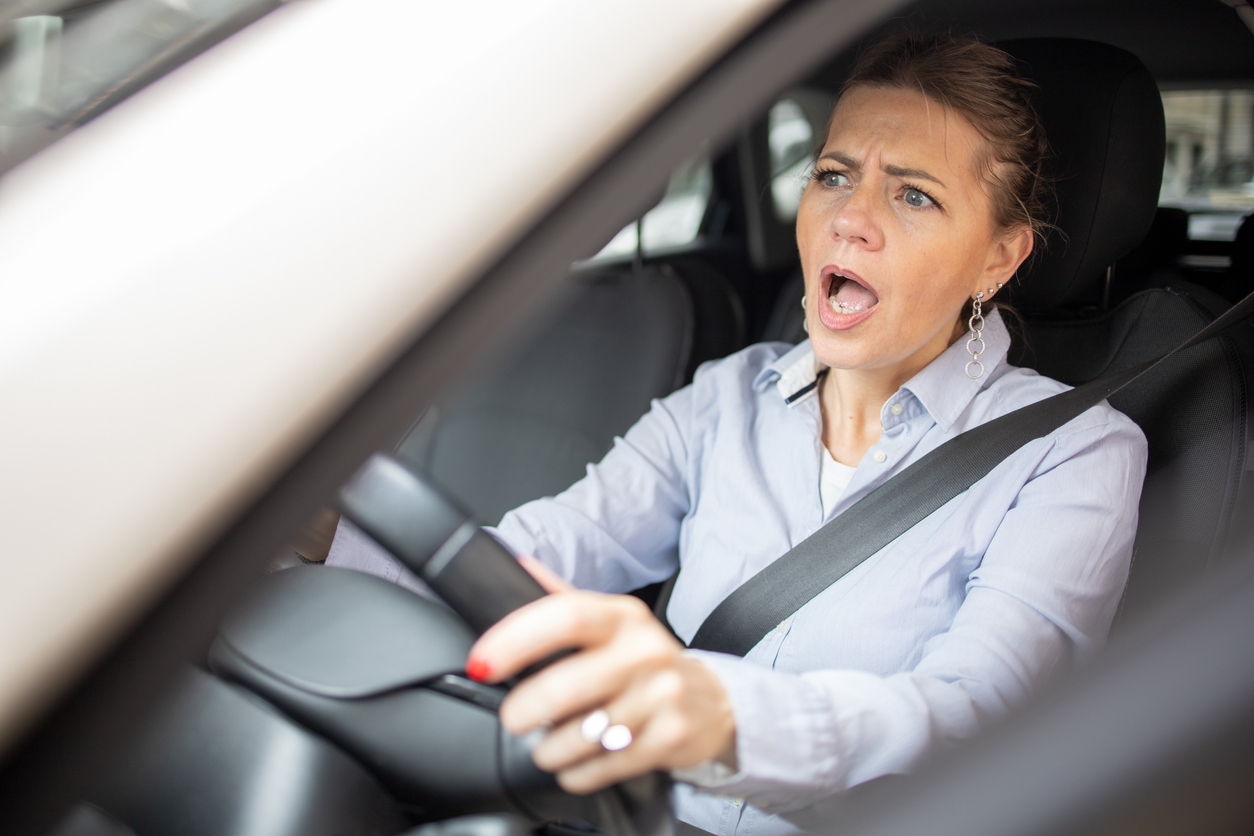Who to Call When You Encounter an Impaired Driver

At any point while driving, you may notice that another vehicle is being operated in an unsafe manner. The following have been noted by Mothers Against Drunk Driving (MADD) as general signs of impaired driving:
- Driving unreasonably fast, slow or at an inconsistent speed;
- Drifting in and out of lanes;
- Tailgating and changing lanes frequently;
- Making exceptionally wide turns;
- Changing lanes or passing without sufficient clearance;
- Overshooting or stopping well before stop signs or stop lights;
- Disregarding signals and lights;
- Approaching signals or leaving intersections too quickly or slowly;
- Driving without headlights, failing to lower high beams or leaving turn signals on; and
- Driving with windows open in cold or inclement weather
While the actions above may not appear to be an emergency, the danger posed by an impaired driver can present itself in a split-second. For that reason, it may be appropriate to call 9-1-1 to report a suspected impaired driver. Alerting authorities is an important preventative action in order to avoid an accident occurring. However, you may also be providing pertinent information in case an incident has already occurred.
When speaking to a 9-1-1 operator, you will likely be asked for details of your observations, including the following information:
- A description of the vehicle;
- Licence plate number;
- Driving habits observed; and
- The whereabouts of the vehicle and a description of the driver if possible
It is understandable that you may not be able to gather all of the information listed above. Keeping your own safety in mind should remain the priority. For instance, you should carefully pull over before using a cellphone, and should keep a safe distance at all times from the impaired driver’s vehicle. A report to the police may still be worth making even if you do not have all of the details listed above.
